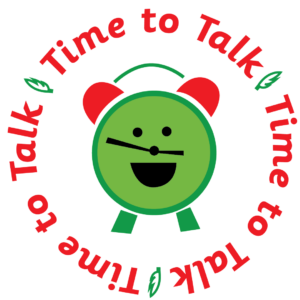Modal verbs: hawksbill turtle
The Grammar Bit!
Read the three sentences opposite. They each contain a modal verb (bold). A modal verb is a special type of helping verb that adds meaning to the main verb in the sentence.
One of the main functions of a modal verb is to show the degree of possibility or likelihood of something happening. The most common modal verbs that perform this function are will, would, should, could, may, can, shall, ought to, must and might. Many of these modal verbs have a negative form. eg. couldn’t /could not, can’t/cannot etc.
You can add even greater meaning to the modal verb by combining it with a modal adverb. Some common modal adverbs (underlined) are perhaps, surely, probably, possibly, certainly, always and never.
With your talk partner, see if you can replace the modal verb in each sentence with a suitable alternative from the list above.
Scintillating Sentences
1) If they are to stand any chance of survival, the turtle hatchlings must make their way to the ocean.
2) The hatchling certainly won’t survive for long, unless it is rescued from the drain.
3) With rising ocean pollution, habitat destruction, illegal trade and commercial fishing all threatening the seven different species of turtle, you might perhaps decide to join a turtle conservation project when you are older.

“I might need to use all my might if I’m to find my way to the sea.”

 Sign in
Sign in

